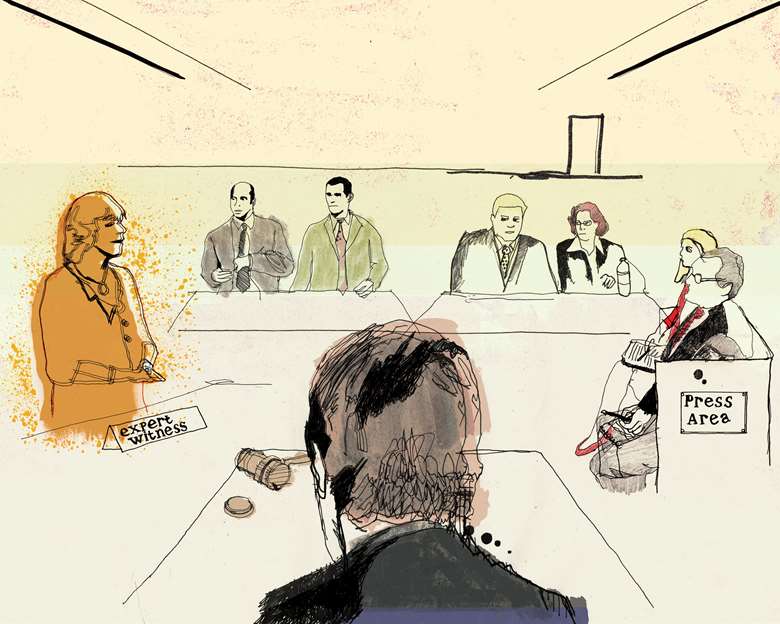Government confirms existence of DoL orders expert group
Derren Hayes
Friday, January 5, 2024
The government has confirmed it has established an expert group to tackle the recent sharp rise in the use of deprivation of liberty (DoL) orders for highly vulnerable children.

Last October, CYP Now revealed that the government had established a ‘Task and Finish Group’, co-chaired by the Department for Education and NHS England and made up of civil servants and experts from the care and family justice sectors, with the aim of improving the outcomes for young people subject to DoL orders, or at risk of being deprived of their liberty, because of their complex needs.
-
Analysis: Factors behind sharp growth in deprivation of liberty orders
-
Interview: Lisa Harker, director, the Nuffield Family Justice Observatory
At the time, neither the DfE nor NHSE would comment about the group, but in a blog published just before Christmas, senior leaders at the two bodies confirmed it has been established to “improve joint working and planning, informed by children and young people’s current experiences and by what they, and their parents and carers, say they want and would find helpful”.
The blog, published on the Association of Directors of Children’s Services (ADCS) website and co-authored with its president John Pearce, explains that the Office for the Children’s Commissioner for England is gathering the views of children subject to DoL orders and their families, and practitioners supporting them, to understand the key issues.
A survey of local authorities, review of case files and production of a “user journey map” will also be undertaken by the expert group with a view to developing and piloting “evidence-based models of safe, therapeutic care and support”.
DoL orders are often used when a place in a secure children’s home or mental health in-patient unit cannot be found for a child in care with significant welfare needs. Instead, the High Court can use its powers under inherent jurisdiction to deprive them of their liberty in an unregulated placement.
According to analysis of Cafcass data by the Nuffield Family Justice Observatory (FJO) there was an increase of 462 per cent in DoL orders in the three years up to 2020/21, and a total of 1,249 children were subject to a DoL order in the 12 months up to July 2023, when applications were monitored by the National DoL Court.
Latest data from the Ministry of Justice (MoJ) shows that 388 children were subject to applications to deprive them of their liberty between July to September 2023 compared to 358 in the same period in 2022, a rise of 8.3 per cent. The Nuffield FJO says this is the first time the MoJ has included DoLs data in its quarterly statistics.
The blog on the ADCS website states: “Ultimately, our focus is on how children’s social care, health, and education systems can jointly fund and deliver integrated, collaborative, consistent and person-centred support. It is also vital that, as part of this, we can bring forward safe, age-appropriate Ofsted-registered accommodation, with co-produced packages of multi-agency care and plans to support children and young people to move back into the community.”




